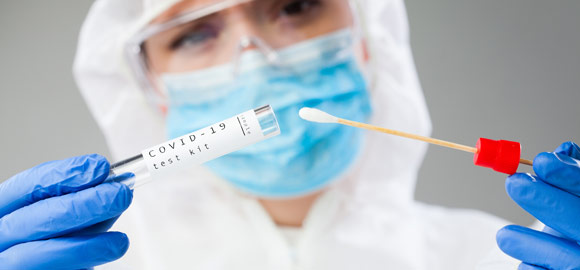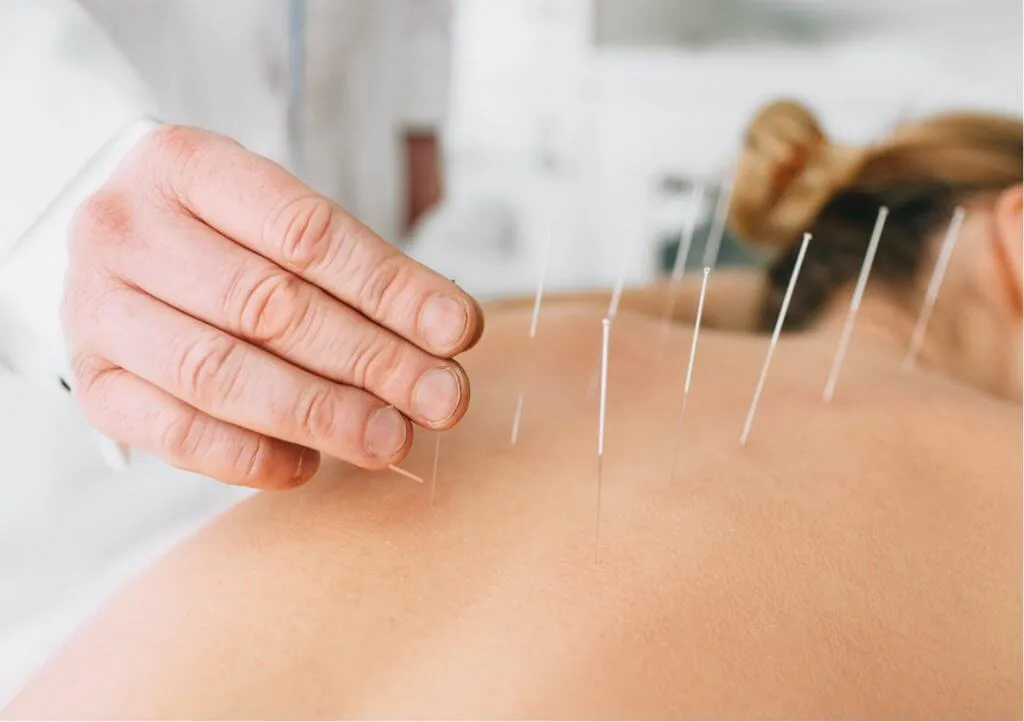COVID-19 testing has been a core component in managing and mitigating the global pandemic caused by the coronavirus. It refers to diagnostic processes that determine whether someone is currently infected with the virus, helping to control its spread by identifying carriers and isolating them from healthy individuals. Here’s information on COVID testing, its role during the pandemic, and why it is necessary:
What Is a Pandemic?
A pandemic is the global spread of a new infectious disease that affects a large number of people across multiple countries and continents. By definition, pandemics present unique challenges due to their rapid transmission and widespread impact on health, economies, and daily life. The COVID-19 pandemic impacted virtually every aspect of life. Economically, it led to lockdowns, business closures, and spikes in unemployment.
Healthcare Impacts
Healthcare systems were overwhelmed with cases, often struggling with shortages of medical supplies and personnel. Socially, the virus necessitated distancing measures, mask mandates, and travel restrictions. Beyond immediate disruptions, COVID-19 has highlighted global vulnerabilities, sparking research into vaccines, treatments, and innovative public health strategies.
Social Infrastructure Impacts
The pandemic prompted unprecedented levels of international cooperation as countries worked to contain the virus and manage its effects. Regular COVID testing has been at the forefront of responding quickly to outbreaks, helping to limit further transmissions. Social infrastructure also underwent significant pressure due to COVID-19.
Community relationships were redefined by pandemic-era norms, prioritizing virtual interactions over in-person connections. Even services like public transportation had to adapt, introducing capacity limits and stringent sanitization protocols for public safety. COVID-19 forced societies to reshape systems that support daily functioning, with long-term implications for how they operate.
When Do You Need a Test?
Determining when to get tested is fundamental for personal and public health. Individuals exposed to someone who has tested positive for COVID-19 should be tested, especially if symptoms develop. Testing is also recommended if you are experiencing signs of COVID-19, with symptoms like:
- Persistent Cough
- Fever
- Body Aches
- Loss of Taste and Smell
What Happens During a Test?
COVID-19 testing involves specific procedures designed to detect the presence of the virus in individuals. The two main types of testing include molecular tests, like PCR tests, and antigen tests. Molecular tests detect the virus’s genetic material, while antigen tests look for specific proteins found on its surface. Testing centers follow strict protocols for accuracy and safety. Individuals undergoing testing are typically required to wear masks, maintain distancing, and follow guidelines provided by healthcare staff.
General Testing
During a standard PCR test, a healthcare professional collects a sample using a nasal or throat swab. The sample is then sent to a lab to be analyzed. Antigen tests, on the other hand, are often performed more quickly, sometimes providing results in as little as 15 minutes. At-home testing kits have become increasingly available for convenience, too.
Routine Testing
Routine testing may be necessary for individuals in specific environments, particularly healthcare workers, caregivers, and those who frequently come into contact with high-risk populations. Travel, particularly international travel, often requires proof of a negative COVID test to prevent cross-border virus spread. By identifying cases early, testing serves as a foundational tool to isolate infections and reduce community transmission.
Learn More About COVID Testing
Regular COVID testing has played an invaluable role throughout the pandemic, equipping communities with the knowledge needed to respond effectively. By understanding and recognizing when and how to get tested, individuals contribute to broader efforts to protect public health. Stay informed and contact a professional about getting tested today.
- Pedrovazpaulo Wealth Investment: Unlocking Financial Freedom Through Innovative Strategies
- EO Pis: A Comprehensive Guide to Environmental Objectives and Performance Indicators
- Premiumindo69: The Future of Digital Entertainment
- Macadamia Nut Milk: Health Benefits, Recipes, and Why It’s the Perfect Dairy-Free Alternative
- Hentquz: The Future of Productivity and Collaboration


